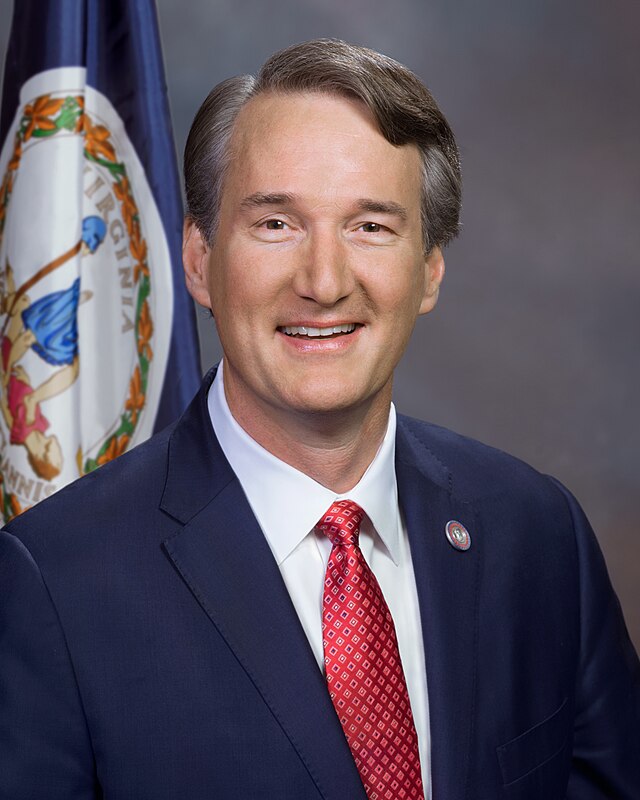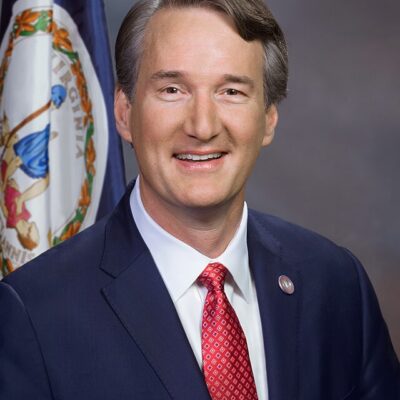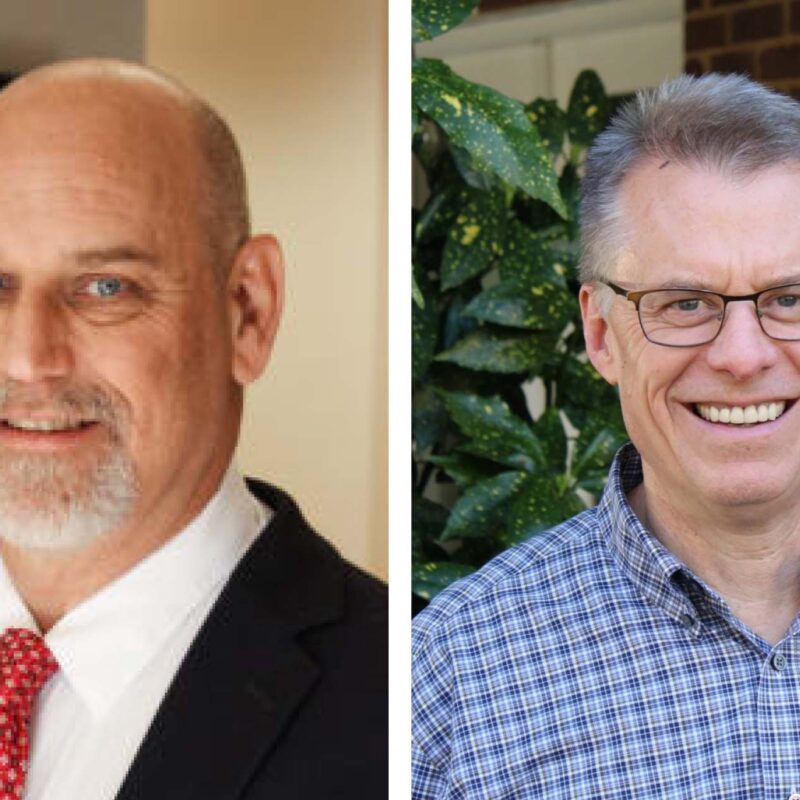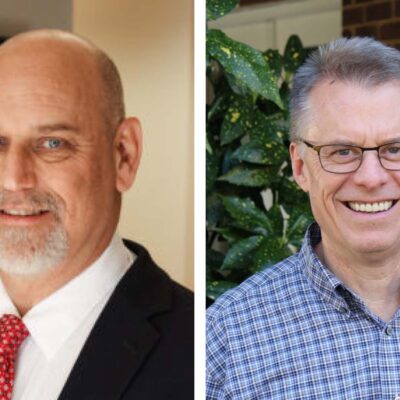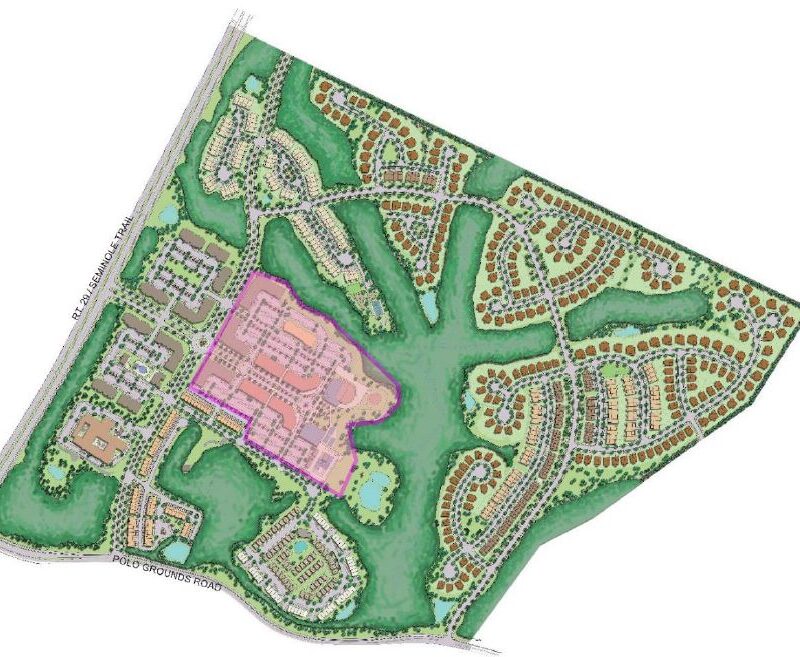When Johnathan Perkins wrote to the Virginia Law Weekly and alleged that two white UVA Police officers mistreated him—an incident he later admitted to be false—he described a feeling of shame at being singled out.
|
Charlene Green (pictured), program coordinator for the city’s Dialogue on Race, says Perkins’ motives may be unclear, but his letter “definitely sparked conversation in a lot of different ways.” |
“Standing there, I saw dozens of people staring at me as they returned home from last call,” wrote Perkins, a third-year law student. “I knew that there would be no remedy for the indignity that I suffered at the hands of two of the University of Virginia’s ‘finest.’”
While that particular “indignity” was fabricated, Perkins remains the subject of very real criticism. UVA Police said they will not press charges against Perkins for making a false claim, but online comments and published letters have called for his expulsion—a possibility under the University’s single-sanction Honor Code. In a letter published in the Daily Progress, UVA alum R. Bruce Hunter wrote that Perkins’ confession did not “mitigate the fact of the public untruths.”
Perkins did not return a request for comment. Prior to his admission, he also turned down an initial interview via e-mail, and said his “main goal was to try to increase awareness of this sort of thing,” though he did give interviews to the Daily Progress and CBS19. Despite questions of Perkins’ character, he may have resuscitated a larger local discussion about racial profiling.
The law student has been on the receiving end of a few epithets placed anonymously online since his letter was published. Moreover, UVA has experienced its share of racially insensitive incidents. In 2003, the University formed two diversity commissions after two white students dressed in blackface for a fraternity party (as tennis players Venus and Serena Williams) and a black Student Council candidate was assaulted (race was discussed as possible motivation).
“I don’t think he needed to create a lie to shed light on some of the concerns of the issue,” says Charlene Green, a program coordinator for the city’s Dialogue on Race.
Virginia Organizing (VO), a political action network, includes racial profiling among its top issues. VO offers workshops in area schools and other organizations on “dismantling racism.” Executive Director Joe Szakos says VO would like to see police collect additional data to help monitor racial trends in their responses.
“What we’ve found is, no community is immune to racial profiling,” says Szakos.
Charlottesville Police Chief Tim Longo says his department does not hear many racial profiling concerns. Officers receive training in “cultural diversity” and “interpersonal communication skills” and department vehicles feature cameras to document police encounters, in order to ensure officer accountability.
Even so, says Longo, false charges can damage a department.
“The result is oftentimes damaging to morale and adversely impacts the reputation of the officer and the organization,” says Longo. Even when those allegations are disproved, adds Longo, “public consumption of such an attack on an officer’s conduct and reputation has already taken place.”
The Virginia Law Weekly staff tells C-VILLE via e-mail that it took “all reasonable verification measures” to check the letter’s assertions with Perkins, UVA Police and Law School faculty.
“Before we went to press, we were advised that the letter was being treated as an official complaint,” writes the board. “In light of these facts, we felt that printing it was warranted.”
Green says Perkins’ letter has “sparked conversation in a lot of different ways.”
“A lot of folks have been pulling out the major issues here,” says Green. “I think the most illuminating point is that we clearly need to continue to talk about issues of diversity.”
/C_Green_ERICKSEN.jpg)
